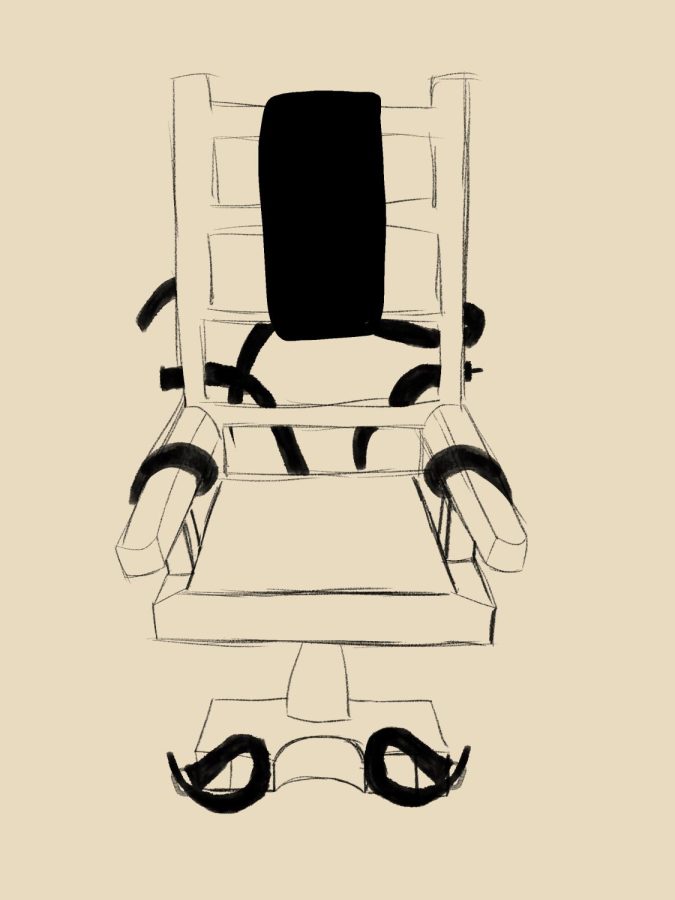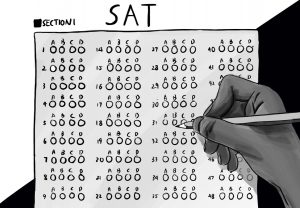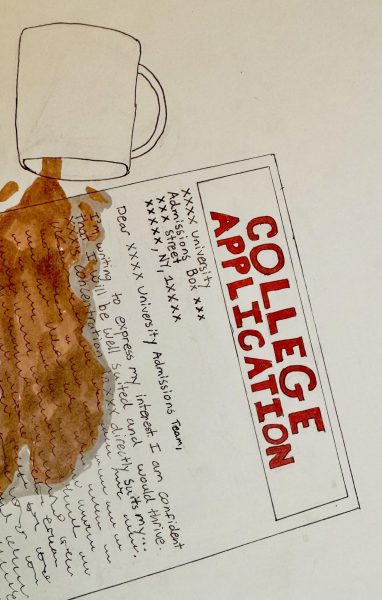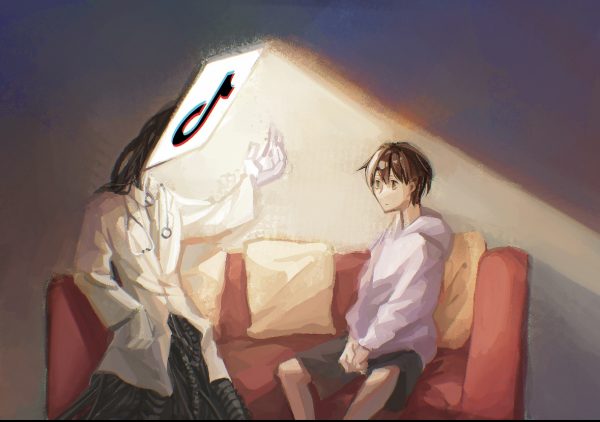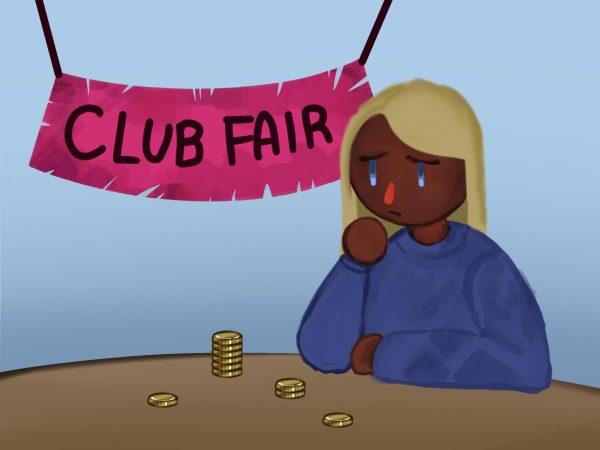The death penalty: revenge doesn’t equal justice
The death penalty is unconstitutional due to the Eight amendment. Gisele Cestaro argues it should be abolished because of human rights violations.
May 27, 2022
Dating all the way back to Eighteenth Century B.C, our government would create an idea that would carry through to the modern world today. This was to sentence those who committed a severe crime to death. Because of the evolving standards of decency, which bases execution decisions on the Eighth amendment, I’ve come to believe it’s an outdated practice that should be completely abolished.
Punishments such as the electric chair, firing squad, and lethal injection are all violations of the Eighth Amendment which forbids cruel and unusual punishment. In addition, the judicial system has severe bias and discrimination built into it which leads to false sentencing, allowing innocent victims to find themselves on death row. Crimes that result in death row tend to be first-degree murder, which is intentionally planned.
The system arbitrarily targets those of poor socio-economic status, racial minorities, and those with developmental disabilities; some of those disabilities include pyschotic disorders such as schizophrenia and severe bipolar disorder. Yet, retribution has been the continual force behind why the death penalty is still in usage; the belief that society seeing these defendants behind bars for life isn’t enough. What people overlook is the death penalty has failed to bring the rate of crime down, and doesn’t give those who committed an offense the chance to rehabilitate. Systemic racism might not be written into the Constitution but, in almost all cases people of color are more likely to be convicted of a crime with their punishments tending to be worse, — Jake Lefort
When it comes to the general attitude of the death penalty at Masters, most students and faculty are against the practice. This fits the trend of the general consensus nowadays with many people believing it’s outdated; execution rates go to show this decline due to how little it’s been practiced in the past decade especially.
Jake Lefort, a junior, feels that the death penalty should not be practiced because of its harmful nature. He maintains that allowing the government enough power to take away a life is too extreme no matter the crime. “It doesn’t make sense that we give the state the power to execute people when so many [people] have been proven to be wrongfully convicted and exonerated later on,” Lefort said.
He argued that the justice system continues to be targeting certain groups of people, and is especially unfair to people of color. “Systemic racism might not be written into the Constitution but, in almost all cases people of color are more likely to be convicted of a crime with their punishments tending to be worse,” Lefort said.
When it comes to class, the justice system tends to pick on those who are poor and are unable to afford a quality attorney. A public defender is less likely to be able to protect their client from receiving such a harsh punishment, as opposed to a qualified lawyer who is able to provide a strong defense. In reality, both those defendants could be equally as guilty but one gets sentenced to death because of wealth disparity.
Freshman, Alex Williams, is pro Capital Punishment and maintains that if a criminal commits a heinous crime, then they should be punished by death. “I’d say it’s a case-by-case standard. If an act is so egregious that it needs the death penalty, assuming the families want that done, then yes I think it should be mandated,” Williams said. Although he doesn’t think executing people is a crime deterrent, he believes it gives people a sense of relief knowing that their perpetrator can never be released into society again.
Williams doesn’t believe that taking a criminal’s life would be a violation of human rights because it would be equal. “I think when a person intentionally went through with that crime, let’s say killed several people, then we get into new circumstances where the death penalty is now justified,” he said.
When it comes to criminals who have committed odious crimes, I still maintain that the death penalty gives no chance to those who might have the ability to rehabilitate. On top of this, it is ineffective at deterring crime, and is too biased to be practiced.



